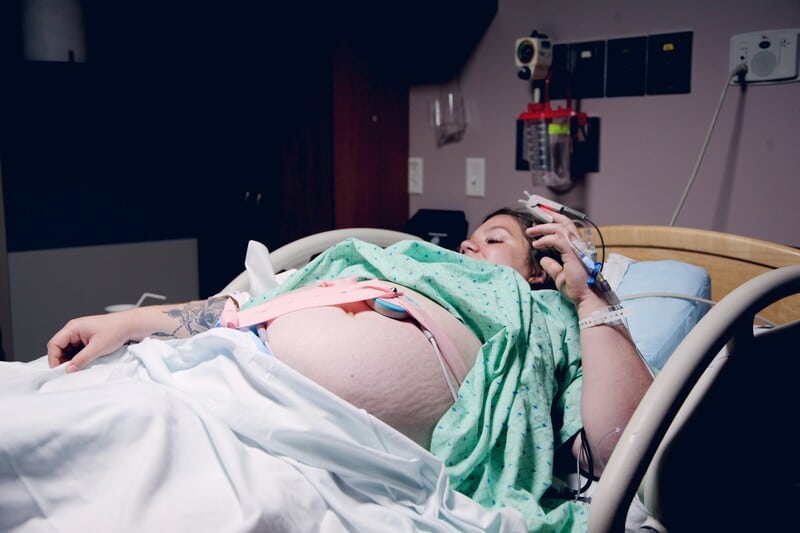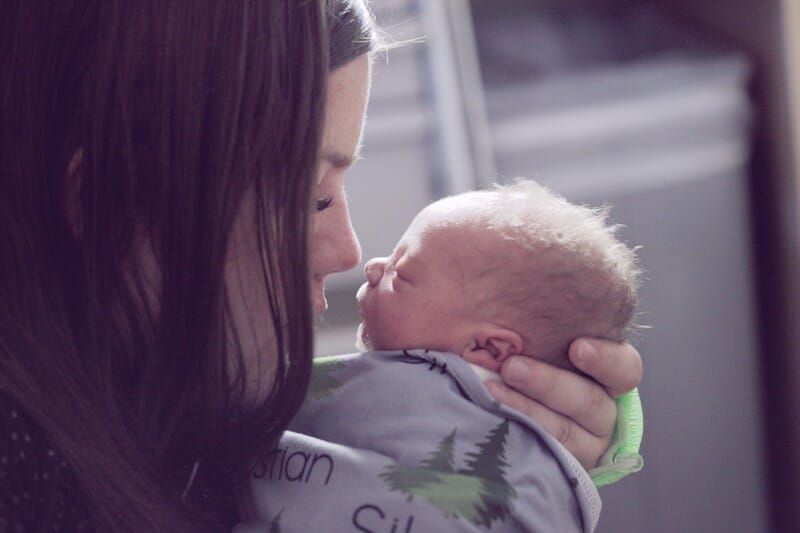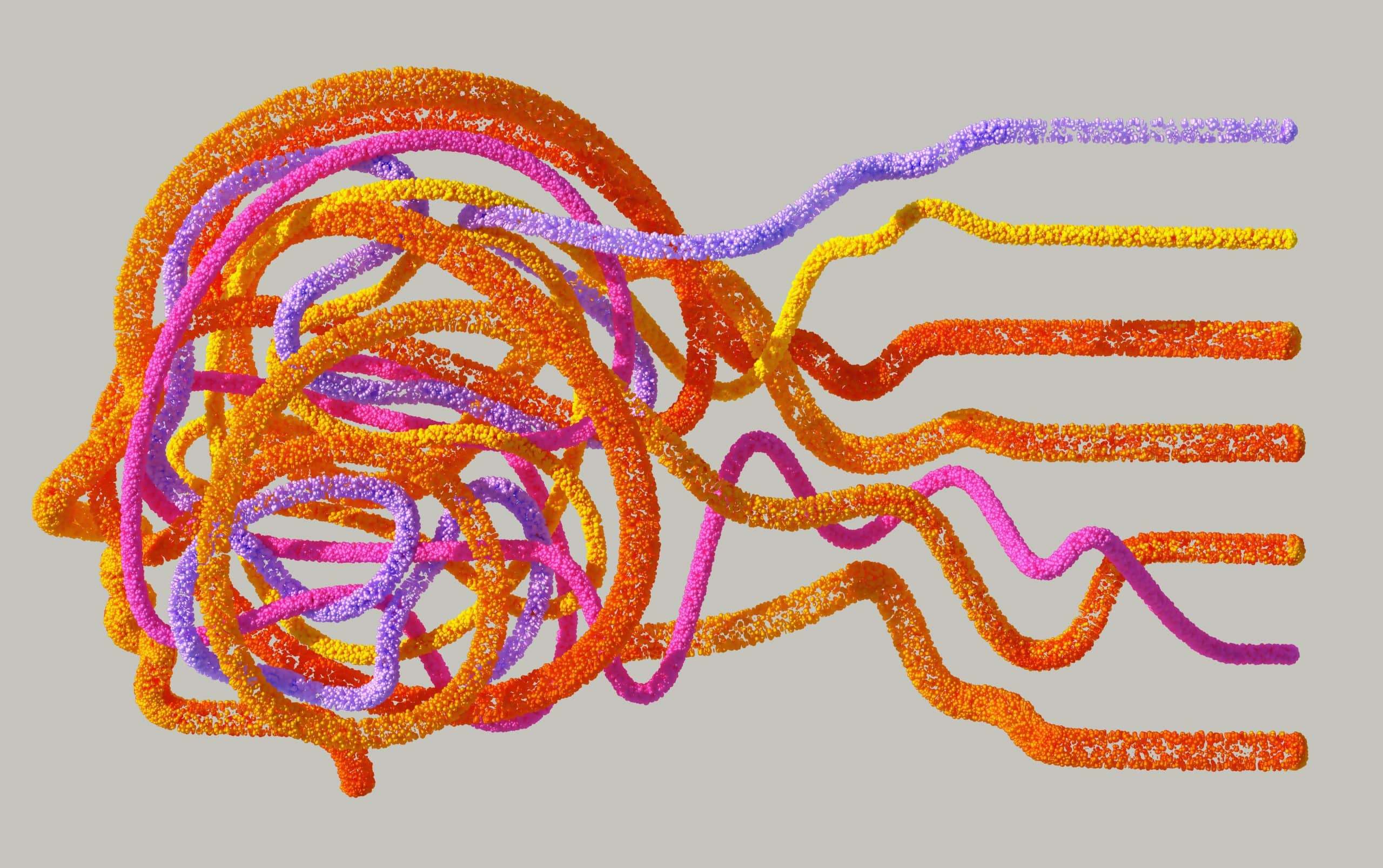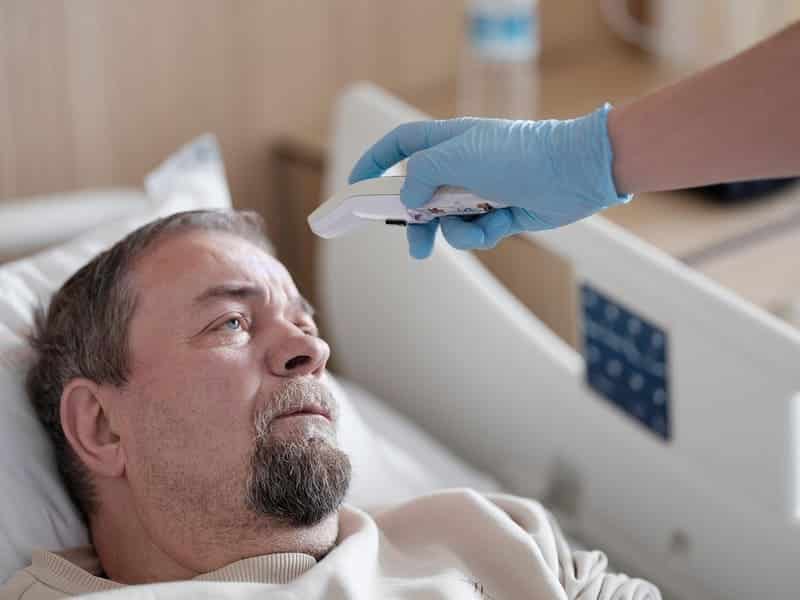An individual with postpartum psychosis (PPP) has a severe medical condition that disrupts their sense of reality. This mental illness can cause delusions, hallucinations, and paranoia leading one to develop erratic behavior. Moreover, those with PPP are likely to harm themselves or even their newborn. Fortunately, these individuals can be treated as early intervention provides their best chance to recover.
Understanding Postpartum Psychosis
While PPP is a rare mental health condition, individuals can develop severe or life-threatening symptoms. Typically, affected individuals develop this condition within a couple of days or even six weeks after giving birth. Luckily, PPP is reversible but requires prompt invention to avoid possible dangers. Anyone capable of childbirth is susceptible, however, those with preexisting mental health issues have higher risks. Despite this fact, experts aren’t exactly sure about its causality. In the U.S., research suggests that between 0.089% and 2.6% are impacted per 1000 births yearly. This translates to 320-9,400 total U.S. cases or 12 million to 352.3 million cases globally.
2 Main Symptoms
Individuals with PPP exhibit two main symptoms that alter their perception of reality: hallucinations and delusions. While hallucinations cause individuals to perceive things that don’t exist, delusions give people false beliefs despite conflicting evidence. Those suffering from hallucinations may see or hear things that aren’t real. Usually, this leads to confusion as they may struggle to tell the difference between what’s happening in their reality and their brain.
In contrast, individuals with delusions tend to struggle with control, somatic, or persecutory delusions. Additionally, they may struggle with other symptoms, including mood swings, causing depression, mania, or hypomania. Moreover, they can experience depersonalization or feel disconnected from their own body. Other prevalent symptoms include insomnia, irritability, disorganized thinking, and manic behavior. Alarmingly, these individuals may struggle with thoughts of harming themselves or others, particularly their newborns.
3 Types of PPP
According to researchers, there are three major types of PPP: Depressive, Manic, and Atypical/Mixed. Precisely, individuals are likely to develop the depressive subtype as it comprises 41% of total cases. Not only is the depressive subtype the most common, but the most dangerous too. Additionally, affected individuals may struggle with loss of appetite, intense guilt, and anhedonia or loss of enjoyment. Furthermore, they may have persistent thoughts of suicide, self-harm, or harming their children. Currently, the child harm rate is 4.5% while the suicide rate is 5%.
Although manic symptoms make up 34% of PPP cases, it has a lower risk of harm to children or self-harm, only impacting 1% of cases. The manic subtype is characterized by disruptive behavior, agitation, and irritability and likely causes sleeping or speech issues. Likewise, individuals may develop delusions of grandeur by believing their child has spiritual significance.
Lastly, 25% of cases make up the atypical/mixed subtype as affected individuals exhibit both depressive and manic symptoms. Additionally, this subtype is characterized by disorganized thinking and behavior, confusion, and disorientation. Specifically, those with this subtype may appear disconnected from reality, unaware of their surroundings, or have frequent, disturbed thoughts. Along with hallucinations and delusions, these individuals may also struggle with mutism or catatonia, which is a disorder that causes one to be completely silent.
Risk Factors

Despite their uncertainty, experts suspect multiple factors to cause PPP. Individuals with a history of or have underlying mental health conditions may increase their risk. Mainly, mental health disorders, including bipolar disorder, schizophrenia, and depression, are the main contributors. In fact, one-third of individuals with PPP have pre-existing conditions.
Furthermore, a family history of mental health disorders suggests genetics plays a part too. Although first-time mothers have a higher risk, those with a history of PPP have a 30-50% chance of recurrence in future childbirths. It’s suggested that hormonal fluctuations, particularly changes in estrogen or prolactin, may be a factor but more research is needed to confirm. Other medical conditions, including electrolyte imbalances, thyroid disorders, vitamin deficiencies, and autoimmune diseases, can trigger PPP. Likewise, eclampsia and preeclampsia may also increase one’s risk of developing psychosis.
Involuntary Hospitalization
While PPP is treatable, its rarity complicates effective treatments as there isn’t much research on it. Despite limited studies, researchers suggest certain approaches can give individuals with psychosis the help and support they need. Due to its dangerous effects, inpatient care or involuntary hospitalization is the only way to treat these individuals as they’ll need around-the-clock medical supervision.
Unfortunately, individuals may not know they have this mental health condition due to their disrupted perceptions or delusions. Likewise, stigmas associated with PPP may cause resistance or fear in someone, stopping them from seeking help altogether. Usually, it’s up to family, friends, or caregivers to recognize symptoms and advocate for treatment especially if these affected individuals become a threat to themselves or others.
Final Thoughts
Since PPP impairs an individual’s perception of reality, maintaining self-awareness becomes complicated. As a result, treatment becomes nearly impossible as an affected person won’t notice they have a mental health problem. That’s why external intervention is important as someone may not get help without it. For those with histories of PPP or other psychological conditions, proactive planning is the best way to remain healthy mentally. In fact, individuals should consult a healthcare provider before getting pregnant or giving birth to maintain a healthy mindset for themselves and their offspring’s well-being.
Disclaimer: This article is intended simply to provide information. It does not replace the medical advice of a physician or other medical professional. Please speak with your doctor or therapist if you have any questions or concerns.










